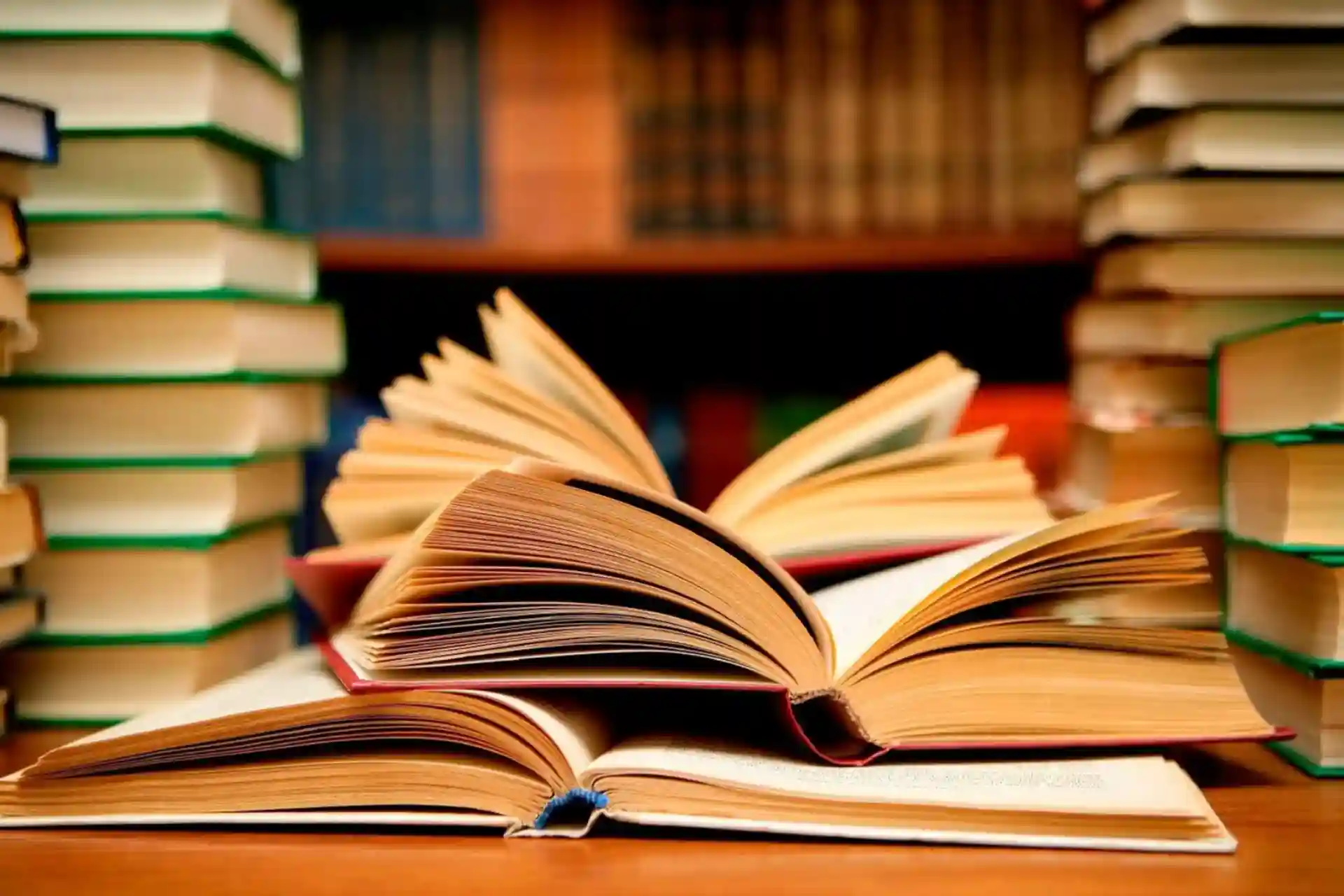The true essence of the concept of science
In Islam, the Supreme Truth is Allah (al-Haqq). He is the Creator, and His creation is the manifestation of His holy attributes. Creation (creation) is also a collection of signs (verses) that facilitate the perception of the world and, in turn, lead to understanding and appreciation of the Creator.
It follows that science is closely related to truth. It means knowing the true and original state of things, whether they are significant or insignificant, at any level of existential reality. What matters is not the quantitative dimensions of things, but the reality. In fact, science and truth are two sides of the same coin.
Furthermore, knowledge is the familiarity or awareness of things related to reality and their Creator. The processes involved in science refer to the paths that lead to union with reality through progressive levels of verification. Knowledge itself is the best provision for the journey of life.
Therefore, knowledge is not an end, but a means. In general, it should be placed at the center of the service of truth, but it operates through a higher order of meaning and experience. Knowledge is not acquired for its own sake or for other worldly purposes.
Science is sacred
In Islam, knowledge, as it is known, is blessed. All knowledge belongs to Allah. The opportunity to learn, skills and knowledge itself is a divine gift to mankind. Science is a means of communication with heaven. It can be likened to a rope stretched from top to bottom, so that when a person wants, he can untie the chains of matter and this mortal world in general and ascend to heaven. In this way he gets closer and closer to his heavenly origin, to his true self and, of course, to his Creator and Owner.
According to the medieval thinker and sociologist Ibn Khaldun, there are three closely related levels of acquiring and applying knowledge: the level that enables a person to make his own living (self-development and personal life); the level that allows a person to cooperate with other people in order to ensure his life, social harmony and the goals of building civilization (social actualization and development); and the degree (mental and spiritual training) that enables man to learn and know his Lord (the Great God) whom he worships. For all three levels, one must use one's inner faculty of thinking and research and the heavenly gift of subtle knowledge imparted to one through the great prophets, which strikes a fine balance between the two kinds of knowledge and their respective truths.
Islam does not recognize the division of sciences along ideological lines. In fact, he considers the world of science to be so integral and universal that any division, even for simple educational purposes, creates a series of puzzles and problems. For example, the concept of religious sciences and non-religious sciences (knowledge) does not exist, similarly religious and non-religious scientific institutions, religious and non-religious ulama (scientists) do not exist.
Sciences are united
Just as there is only one existential reality and only one certainty, there is only one science. Regardless of how Muslim scholars divide and classify Islamic knowledge (knowledge), it is mainly done for social benefits or benefits (al-masalih al-mursalah) and Shariah purposes (maqasid) in the way of pedagogy and epistemological (related to knowledge) theory. What can be said about this is that science can be divided and classified only according to its proximity, intensity, and at the same time spiritual goals of life.
It is true that all knowledge is important, but it must be recognized that some forms (types) are more important than others and are therefore more sought after, because the so-called important sciences are more necessary than others for self-realization and the fulfillment of humanity's mission on earth in general. Therefore, it is usually used to rank sciences (sciences) according to their importance and influence.
For example, there are theoretical and practical knowledge, farzi ayn (individual duty) and farzi qaqa (collective duty) sciences, (pure) religious and (additional) mental sciences, (pure) religious and (additional) secular sciences. Ibn Khaldun even talks about the science (knowledge) of people, the science of angels and the science of great prophets, and emphasizes that each of them is related to each other and forms a whole.
That is why our Prophet, may God bless him and grant him peace, said that it is obligatory for every Muslim to seek knowledge (Sunan Ibn Majah, 1 volume, 1 book, hadith 224). In this, it is believed that knowledge means Sharia science. However, the word sharia should not be understood in a narrow sense.
In its broadest sense, Shari'ah refers to complete Islam, which in turn refers to a common way of life. It is not surprising that Shari'ah literally represents the path (model or paradigm) leading to the fountain of life. Accordingly, Sharia governs not only religious customs and ceremonies of Muslims, but also their daily life. In other words, Shariah implements, guides and sustains life. Allah Almighty blesses in the Holy Qur'an: "O you who believe, answer Allah and His Messenger when they call you to that which gives life" (Surah Anfal, verse 24).
Science and life
Therefore, the Messenger of Allah, may God bless him and grant him peace, while commanding Muslims to seek knowledge, called them to look for ways and opportunities to live their lives according to the wishes and plans of the Creator, not their own or someone else's. Life is not what people want. Because there is no real and authentic life except that of Islam, which encompasses the interests of heaven and earth. Similarly, there is no true satisfaction and happiness except the Islamic guidance that can secure the pleasure of Allah and the bliss of Paradise for man after going through the trials of life.
Islam is life and knowledge is its life support. On the contrary, non-Islam is simply the path to death, which is determined by the lack of true (authentic) knowledge. A good Muslim should be knowledgeable, and a knowledgeable Muslim should be pious and good. If a Muslim is ignorant, there is a serious flaw in his Islam. Likewise, if a learned Muslim is not sufficiently pious and good, his knowledge is seriously flawed.
That is why the Prophet, may God's prayers and peace be upon him, warned against those reciters who do not go beyond the throat of reading the Qur'an (this means Islamic faith and superficiality and insincerity in practice). The Prophet, peace be upon him, also sought refuge in Allah from knowledge that does not benefit the scholars in their life missions.
Modern ignorance
It can be said that if the pursuit of knowledge is limited only to matter (the physical world), if it ignores the conditions and rules of the metaphysical world, then man will gradually be condemned to dig an "ontological hole" for himself. Under these conditions, what he normally considers knowledge is in the form of a "vortex" from which there is no escape. The more he tries to get out, the deeper he sinks.
In this case, truth is often replaced by lies, and knowledge is replaced by ignorance. In the name of enlightenment and refined culture, nonsense and trifles, and skepticism, pessimism and incredulity are propagated and promoted in the name of earnest demand for truth. In other words, science and everything around it becomes a tool of deception and trickery. This is how suicide happens. Since the last two or three centuries, the ever-expanding scope of worldly-secular science includes faith or religious belief, so today's concept of science is acting as a false beacon.
It should be said that Muslim educational systems are obliged to understand and promote knowledge in an Islamic way. There must be a certain boundary between Islamic and other sciences, which are already polluted to varying degrees and lead to modern ignorance. It is important to study the secular sciences to some extent, but it is advisable to use them only for comparative purposes and to optimize the state of Islamic knowledge.
Muhammad Dawood Asadullah


